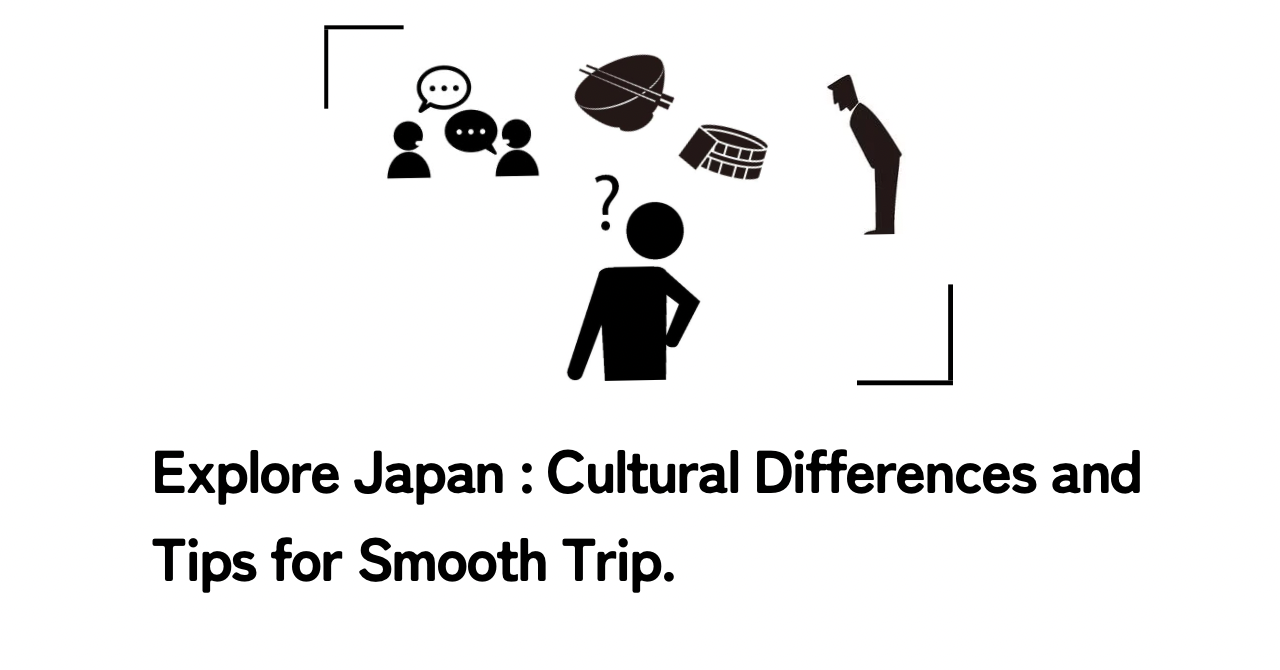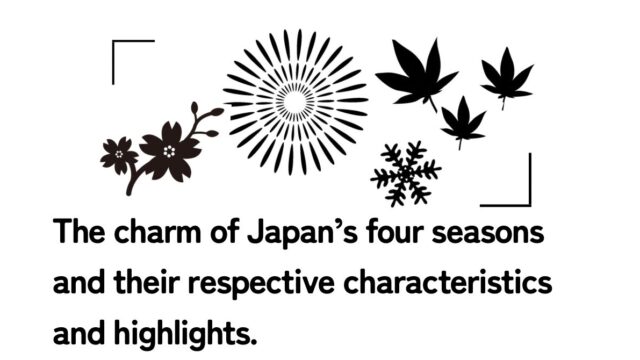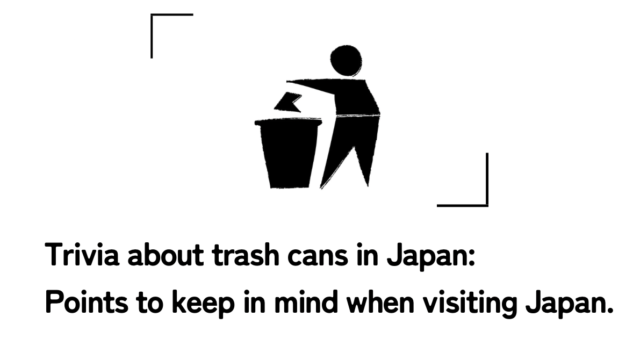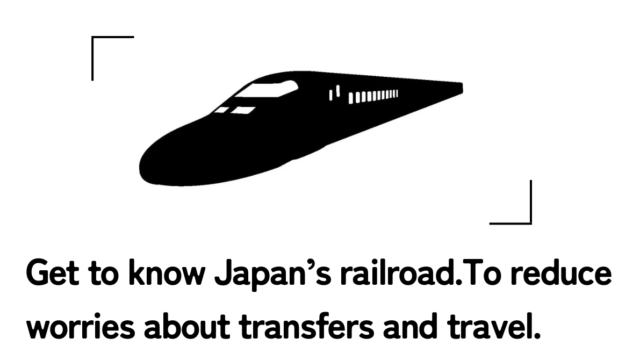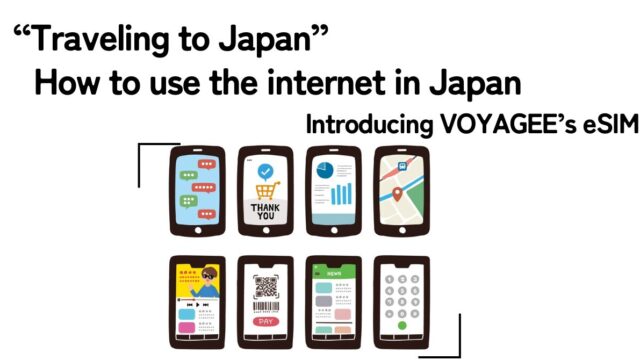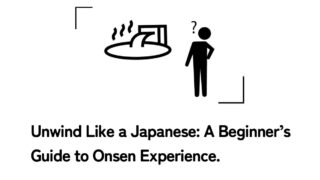Japan is a fascinating destination, and its unique culture is one of the things that draws visitors from all over the world. But stepping into a culture so different from your own can be challenging, especially when it comes to customs, language, and day-to-day interactions. A trip to Japan feels like entering a whole new world, and in this article, we’ll dive into some of the cultural differences you might encounter and tips for overcoming them.
Language Barriers: Communicating in a Foreign Language

Japan’s language can be a major hurdle for many visitors, especially if you don’t speak Japanese. Not understanding the language can make your experience feel a bit frustrating. But don’t worry! You can make things easier by using basic English phrases, gestures, pictures, or translation apps. Learning a few simple Japanese phrases or greetings like “こんにちは” (Hello) or “ありがとうございます” (Thank you) can go a long way. Many tourist spots and hotels also have English-speaking staff, so don’t hesitate to ask for help.
Cultural Etiquette and Food Considerations
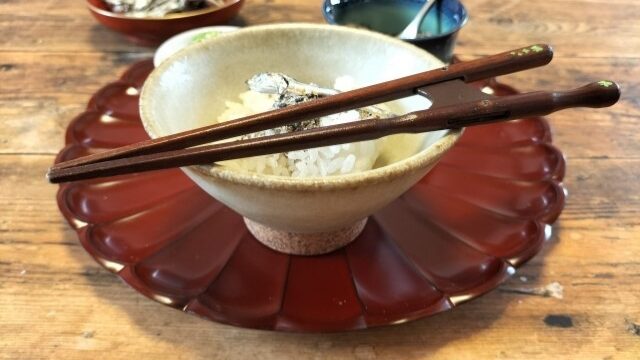
Japanese culture has unique customs, especially around politeness and social behavior. For example, it’s customary to take off your shoes before entering a room, and public spaces often require quiet and respectful behavior. When it comes to food, Japan has specific dining manners, and it’s important to inform restaurant staff if you have dietary restrictions or allergies. The variety of Japanese cuisine is vast, so understanding a bit about it can enrich your experience.
Public Transportation: A Bit of a Puzzle

Japan’s public transportation system is incredibly efficient, but it can feel complicated, especially for first-time visitors. Don’t be intimidated—take some time to learn how to buy tickets, navigate stations, and read timetables. Planning your route ahead of time is the best way to stay on track while traveling around Japan. A bit of research will make your trips on the famous bullet trains or subways much smoother.
Cash is King: Credit Cards Aren’t Always Accepted

While Japan is a modern country, cash is still the most common form of payment in many places. Don’t be surprised if some stores, especially smaller ones, don’t accept credit cards. It’s a good idea to always have enough cash on hand, especially for things like shopping at local shops or dining at family-run restaurants. ATMs are available in many places, but make sure to bring cash when traveling to more remote areas.
Mind Your Manners: Respecting Japanese Etiquette

In Japan, politeness and respect are extremely important. Public spaces are quiet, and people are considerate of others. You’ll also notice specific rules for using chopsticks, eating, and even how you sit or stand. These social expectations might differ from what you’re used to, but they are part of what makes Japanese culture so respectful and unique. Being aware of these cultural nuances will make your experience much more enjoyable and respectful.
Seasons: Embracing Nature’s Beauty

Japan is a country where the changing seasons are celebrated with great enthusiasm. Whether it’s the cherry blossoms in spring, fireworks festivals in summer, the vibrant autumn leaves, or the snowy mountains in winter, Japan’s seasons are an important part of daily life. Visiting Japan means you get to experience and enjoy these seasonal events—so no matter when you visit, there’s always something special to look forward to.
Conclusion
Japan offers a cultural experience like no other, and while there may be challenges along the way, these are part of the adventure. Understanding a few key cultural differences, like language, dining etiquette, and transportation systems, will help make your stay more enjoyable. Embrace the beauty of Japan’s rich culture, its stunning seasons, and the thoughtful traditions that make it so special. Happy travels!
